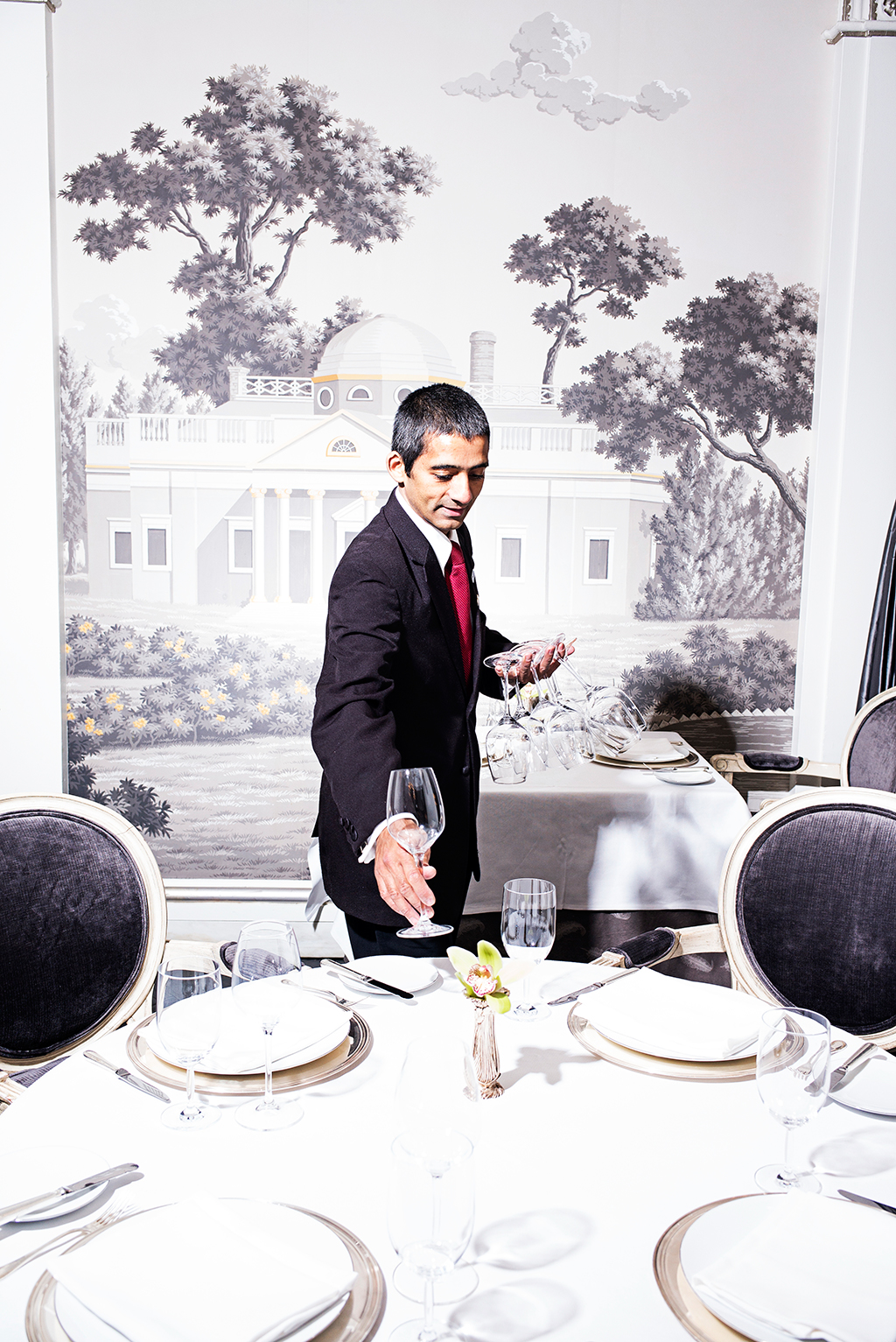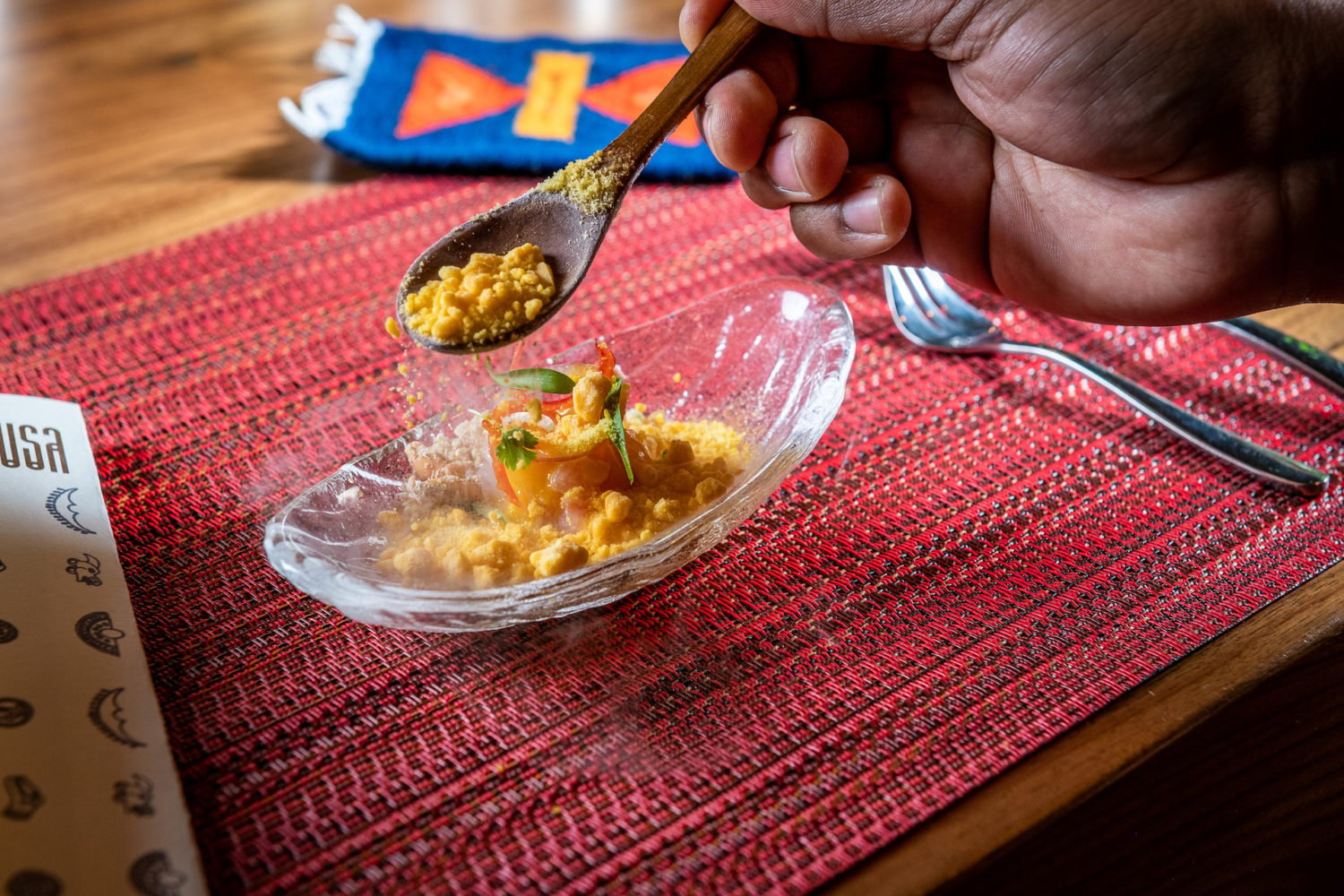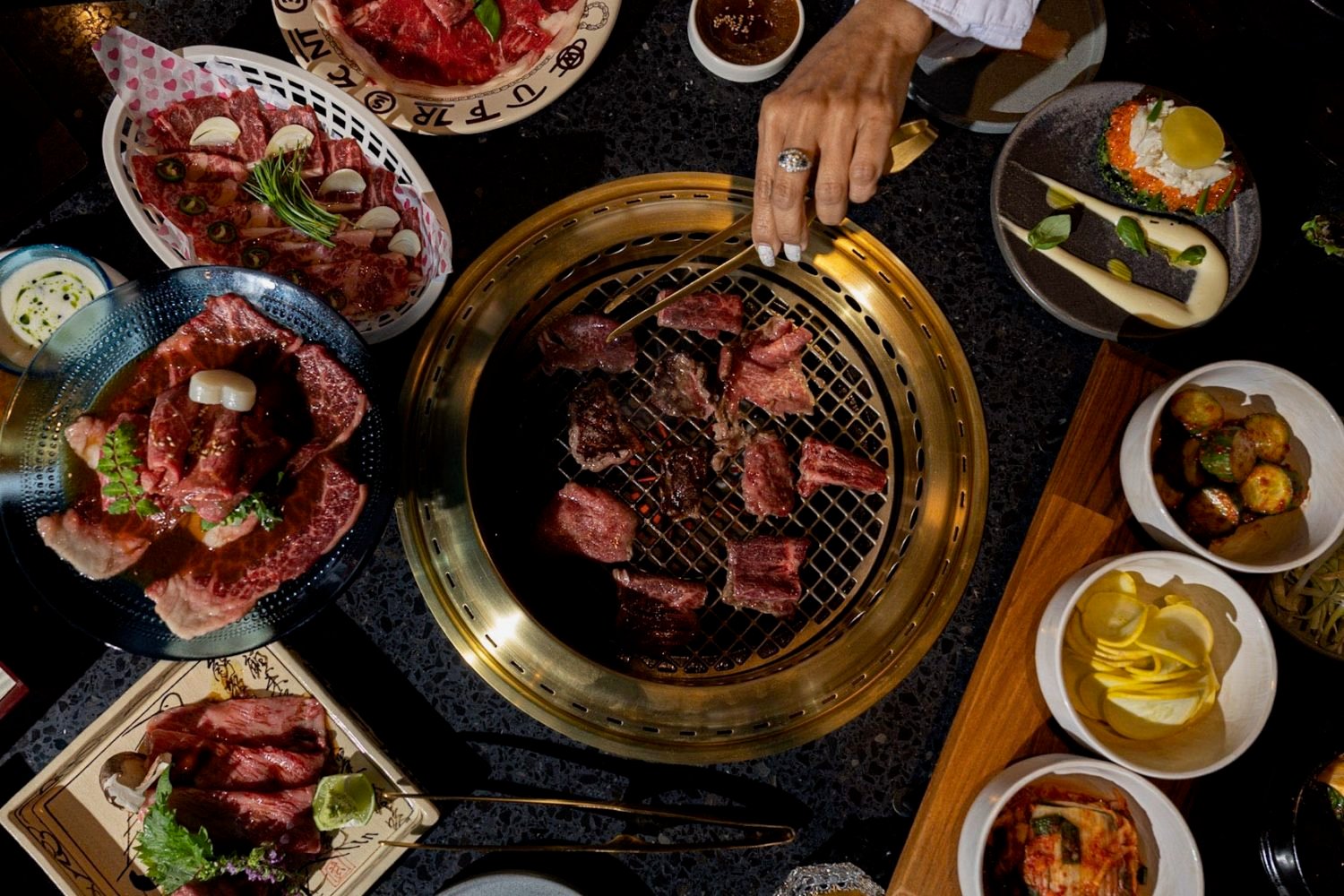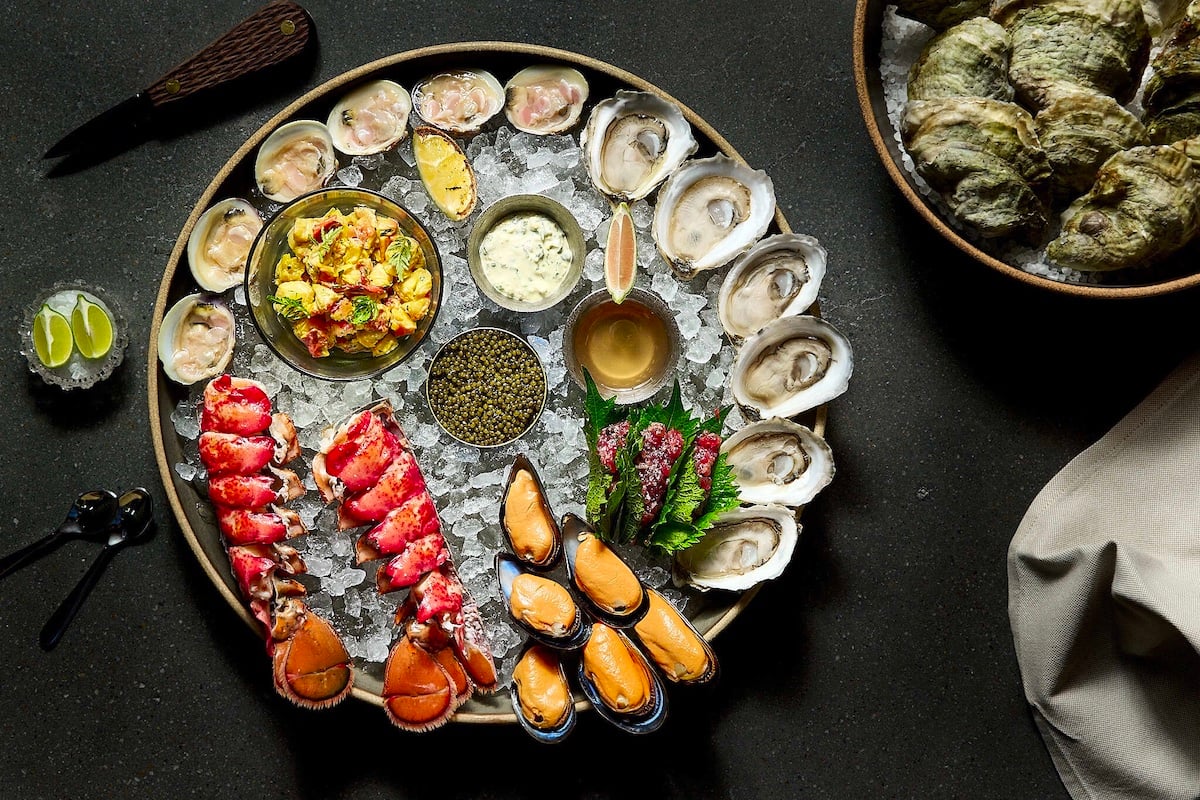As soon as as the 12 Washington recipients of Michelin’s first-ever DC stars were revealed, people—especially restaurant industry people—freaked out. Where’s Komi? What about Marcel’s? No Rasika?!
Michelin is notoriously secretive about its inspections and reasons for picking A over B, but it’s not all a mystery. The red guide clearly lays out the criteria for judging restaurants. According to Michelin representatives, the five pillars are: “quality of the products, mastery of flavor and cooking techniques, the ‘personality’ of chef in his cuisine, value for money, and consistency between visits.”
Service, says Michelin, isn’t a factor.
“We look only at the food” says Michael Ellis, the Michelin Guide’s International Director. “Having said that, we would be not happy if we found three-star food and horrible service. I haven’t experienced that. Sometimes with one-star food it becomes an issue, and if the service interferes with the experience, we’ll have a conversation with the chef. If if it got to the point [where] the experience was unacceptable, we’d take it out of the guide.”
And yet judging a restaurant solely based on the merit of its cuisine is difficult, and as Ellis demonstrates, nearly impossible—it’s like trying to critique a play by focusing solely on the script, with no thought to the actor’s delivery.
Granted, focusing on food over service levels the playing field, at least a small notch. In theory, smaller restaurants with smaller budgets can compete with luxury tasting rooms equipped with sommeliers and table crumbers. A focus on cuisine also allows Michelin to operate as a global guide and a barometer of taste in a world where expectations and styles of service vary.
Still, the service component could be problematic for Washington when it comes to earning our status as a three-star Michelin town. (No restaurant achieved the highest rank this year.) Ask any chef or owner about the biggest issues facing DC’s booming restaurant scene, and the answer will involve some variation of “finding good people.” There simply aren’t enough experienced servers and runners and bartenders to go around (let alone cooks). And as Michelin says about its highest rating:
“Three stars are given to the choicest restaurants, where the whole dining experience is superb.”
















